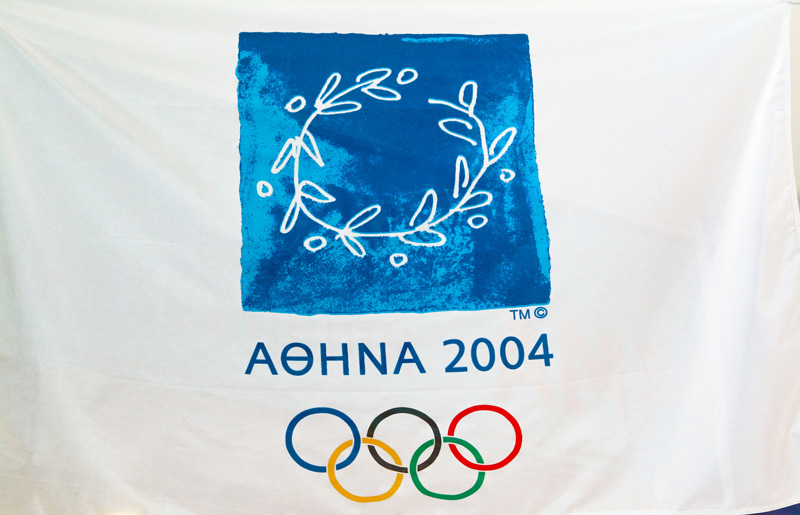
Every four years, the Olympic Games bring the attention of the world to a single city. In 2016, that city was Rio de Janeiro, Brazil. Hosting the Olympics is considered a great honor, and “candidate” cities must go through an intense multi-stage evaluation process lasting two years in order to become eligible.

However, with each cycle of games, the pool of potential “host” cities has shrunk. Recently, Budapest, Hungary became the third city to drop out of the running to host the 2024 games, leaving just Paris, France and Los Angeles, California as possibilities. This isn’t an unusual occurrence; in the last two Olympic cycles, seven “candidate” cities have dropped out, and Vienna, Austria has already voted against the possibility of hosting in 2028. In many of these cases, the citizens of potential candidate cities have voiced opposition due to the extreme cost of hosting the Games.
Based on what you have seen and heard in the news, YOU DECIDE: Would you want your hometown to host the Olympic Games?
YES
- In some cases, hosting the Olympics can bring a financial windfall to a city. For example, Los Angeles wound up with a surplus of $220 million after hosting the 1984 games.
- International attention can cause a previously-overlooked city to become a popular destination spot (such as Salt Lake City, Utah).
- The rapid development required to host the Games can lead to a temporary increase in economic activity, jobs, and real estate prices.
- Host cities often are motivated to improve local infrastructure, such as airports and ground transportation, which may prove useful to its residents in the future.
NO
- Hosting the Games is extremely expensive. Host cities must spend huge amounts of money building and renovating infrastructure (such as stadiums, athlete housing, extending subway lines, etc.). The theory is that the host city will make the money back in the long run by continuing to host sporting events at these new stadiums in the future, but this isn’t always the case. For example, two golf courses were built in Rio for the 2016 games, but golf is not a popular sport in Brazil. As a result, both courses have already fallen into disrepair.
- “The Post-Olympic Valley Effect” refers to the swift economic decline that many host cities have faced following the Games. A host city may spend millions or even billions of dollars creating hotels and stadiums which it will later have no use for. Many recent hosts–such as Atlanta, Athens, Greece, and Sydney–have built housing structures and other venues that have since become vacant.
- Host cities’ tax dollars must be diverted from other important local needs, such as social programs, and instead used to build housing and infrastructure. In places such as Rio de Janiero, many residents are poor and depend on vital social services in order to survive. However, money was taken away from such services in order to support building for the Olympics.

